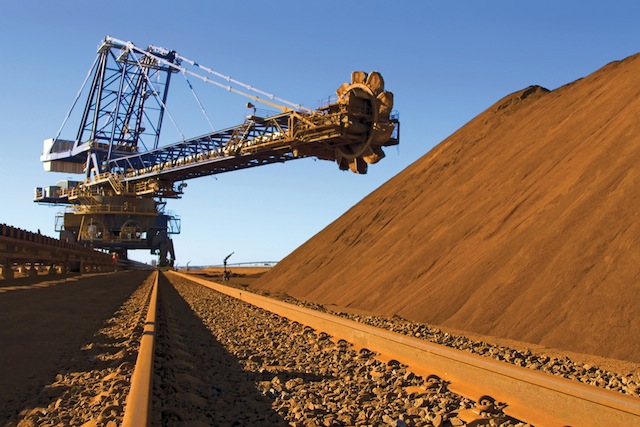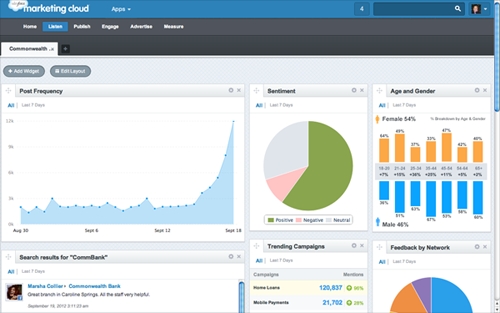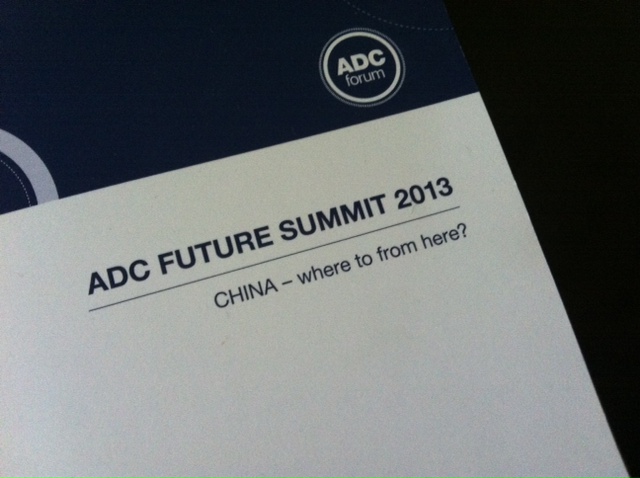“There is no China Inc” was the message from the first day of the Australian Davos Connection’s 2013 Future Summit in Melbourne last week.
For 2013, the annual two day ADC Future Summit was themed “China – where to from here?” with both international and Australian speakers discussing the Peoples’ Republic of China’s future and it’s effects on the world, particularly Australia.
Opening the speakers was Martin Jacques, Senior Visiting Research Fellow at the London School of Economics and Author of ‘When China Rules The World.’
Martin Jacques has been on the wrong side of history before, having been the last editor of Marxism Today before its closure in 1991, giving his overview of China’s development an interesting flavour.
Returning to the historical norm
History has never seen a country so big grow, so fast in Jacques view. The US and British economic revolutions featured lower growth rates and much smaller populations compared to the modern Chinese experience.
Jacques quotes leading Chinese economist Hu Angang’s belief that China is returning to its global position of two hundred years ago where the nation made up a third of the world’s global economy – double today’s share.
The resilience of China’s society in Jacques’ view is driven by four factors; its two thousand year old culture, the legitimacy of its government, the competence of the civil service and its lack of desire to build colonies.
Despite China’s historical reluctance to build overseas empires the nation’s rise is still going to dramatically change regional politics.
Australia’s Challenge
Jacques raises the question of Australia making the jump from being in the US political camp to engaging with China and America on an equal basis.
“Australia has an important role to play in the region but only if it chooses to express its own views and interests,” says Jacques. The nation’s interests are not necessarily those of the United States.
The US is uncomfortable with China’s rise and Jacques believes the Obama administration’s policies in the Pacific are destined to fail because the United State’s Asian Pivot is essentially a military response while the PRC’s rise is due to economic dynamism.
Jacques main point was that the west misunderstands China by viewing the country as a nation-state when in fact it is a civilisation. This was a question that troubled the following panel.
Culture or nation?
Dr John Lee of the University of Sydney thought the idea of China as a civilisation would worry its neighbours were that view taken to the logical end point, “would that mean that China views the region in fundamentally hierarchical terms?”
“Australia is in a strategic holding pattern,” says Lee. “Australia like every other country in the region is hedging closer to America and each other just in case China doesn’t turn out benign.”
For Hugh White, Australian National University Professor of Strategic Studies, this insecurity surrounding China comes down to choices.
“China wants to be healthy and strong,” says White. “To do so, China has to face choices, but so too does America.”
“For Australia the choice is are we prepared to be a spectator in the process.”
Maintaining growth
How China can continue its economic dynamism was the biggest question facing the panel.
Patrick Chovanec, Chief Global Strategist of Silvercrest Asset Management, thinks China cannot sustain its current level of economic growth and points out that prior to the Global Financial Crisis in 2008, China’s exports made up 8% of the country’s economy.
With the collapse in international trade following the 2008 crisis, that proportion dropped to 2%.
China made up that drop in demand by stimulating the economy and triggering the investment boom that sent global commodity prices – particularly iron ore and coal – soaring.
This infrastructure splurge is what Chovanec sees as unsustainable, and he challenges the view that Chinese urbanisation will drive the economy and imports.
“If you look around the world,” Chavonec says, “urbanisation has not driven economic growth.”
The problem with China’s infrastructure funded growth model is that building rates have to grow to maintain growth rates – if you build 100 high rises this year, you have to build 108 next year just to maintain the 8% growth rates.
Balancing sectional interests
Shifting from an export to a consumption based economy means a different China. “it creates a different set of winners and losers,” says Chovanec.
Balancing those interests of winners and losers is one of the key tasks for the Chinese leadership, “Various competing interests groups – the Party has to juggle the interests of those groups” says Linda Jackobson of the Lowy Institute for International Policy.
“We shouldn’t talk about China if it’s ‘China Inc.’” Jackobson says, “I don’t think China has a grand strategic plan. It has strategic goals but not a grand strategy.”
Jackobson sees there being three key objectives for the Chinese leadership; political stability, protecting territorial integrity and economic stability.
The role of the Communist Party
That political stability is an important factor when considering China’s leadership as stability is seen as maintaining the power of the Communist Party.
“We tend to assume an identity between the current communist government and the people.” Says Chovanec, “raising this issue is forbidden in many forums.”
Chovanec agrees with Jackobson that thinking about ‘China Inc’ and the assumption, or myth, of long term strategic thinking.
“When we look at Chinese companies going abroad we talk about the long term game plan.” Chovanec points out, “in fact if you look at the haphazard movements of Chinese companies moving abroad it’s been in fits and starts.”
The common factor from the first session’s speakers at the ADC’s China Forum was that the People’s Republic can’t be seen as a monolithic entity.
Should we accept Jacques’ view that China is a civilization and not a nation state, then understanding the relationships that underpin the cultural identity are key to working with the PRC.
On the other hand the panellists see China as a modern nation state with the government, like any other attempting to balance competing interests within society.
Both are more nuanced view of Chinese politics and the nation’s economy than what’s presented by the media and politicians.
Which was fitting as the Prime Minister gave the gala dinner keynote that evening which will be the subject of another post.
Similar posts:





